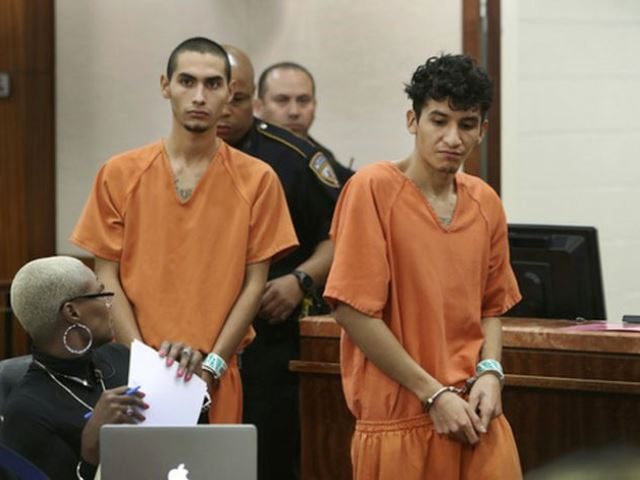City and country governments ignored federal “detainer” requests and released 142 suspected members of MS-13 and other criminal gangs in the eight months up to June 2017, says a report from the Department of Homeland Security to the Senate’s judiciary committee.
The gang release data is the agency’s most up-to-date, according to the agency, which delivered the answers in response to routine oversight questions by committee members.
The data does not cover any releases after June 19, 2017, when city governments escalated their opposition to the legal deportation of illegal migrants in their cities and counties. Currently, the Department of Justice is pressuring cities to cooperate with deportation efforts and is trying to cut federal police grants to cities who release criminals back into Americans’ neighborhoods.
The answers do not describe the crimes committed by gang members that caused their arrests.
The detainer data shows how many arrested and detained illegals were released by city and local governments even after federal officials requested they be held until they could be arrested by DHS officials.
Santa Clara County in California led the pack by releasing 22 of 127 suspect gang members after the DHS asked they be held. Los Angeles released 16 suspected gangsters, Orange County released 12 and Travis County in Texas released 11.
Montgomery County in Maryland led the MS-13 score by releasing five of 15 suspected MS-13 members who were released nationwide from October 2016 to June 2017.
California jurisdictions released 90 of the 142 suspects. Next in line was Washington State, which aided 11 migrants, including 3 MS-13 members.
Several states and local cities are trying to shield criminal migrants from deportation, despite the resulting danger to Americans. The illegals are protected by progressives eager to protect migrants from deportation, but also by politicians eager to support local cheap-labor businesses, such as the food industry. That opposition to federal immigration law has sparked dramatic fights in New York, Washington D.C., Oakland, Calif., and elsewhere.

COMMENTS
Please let us know if you're having issues with commenting.